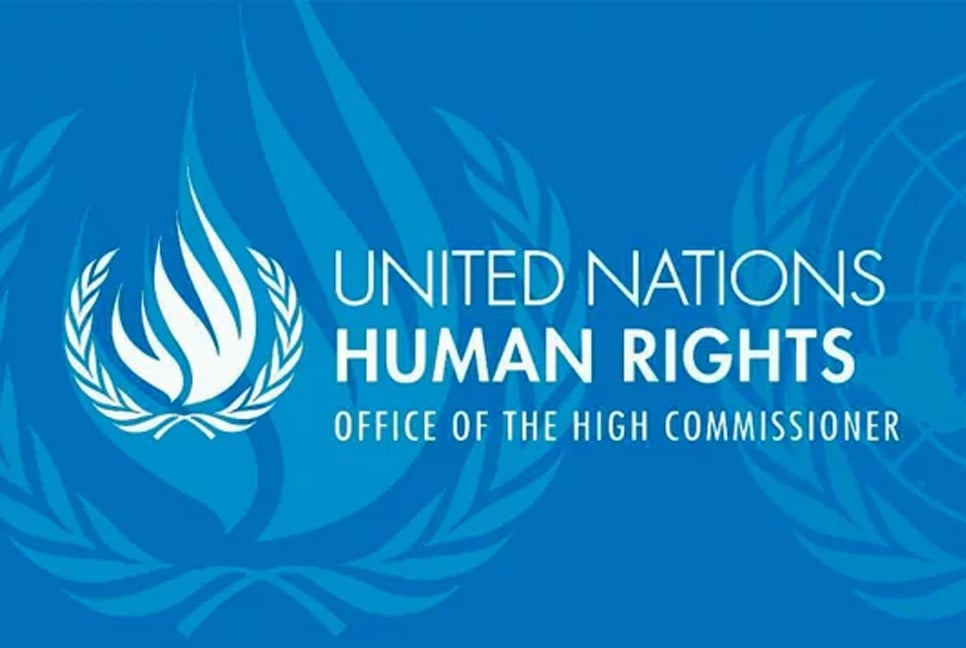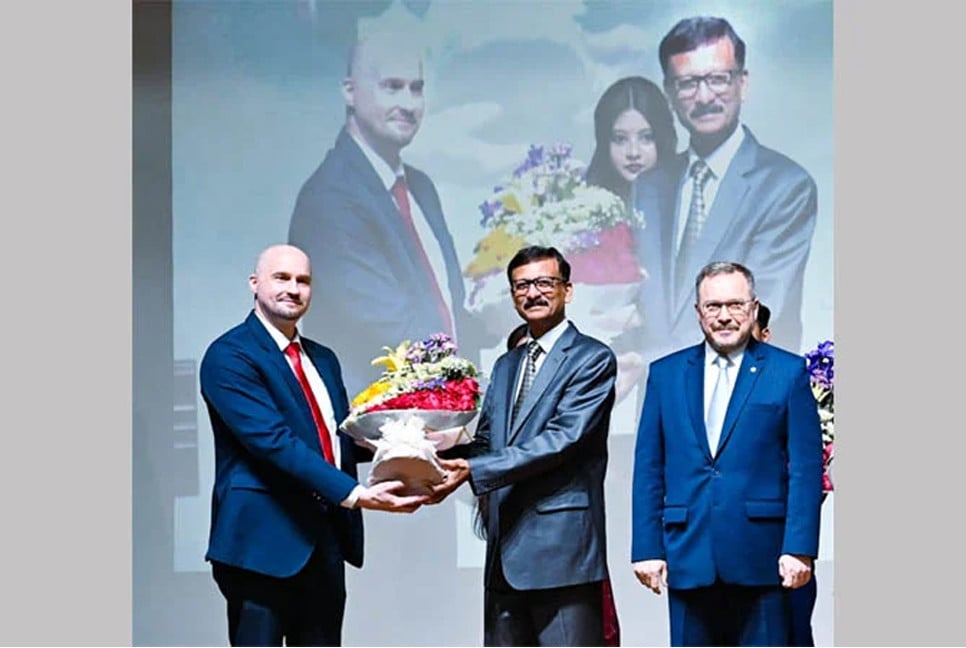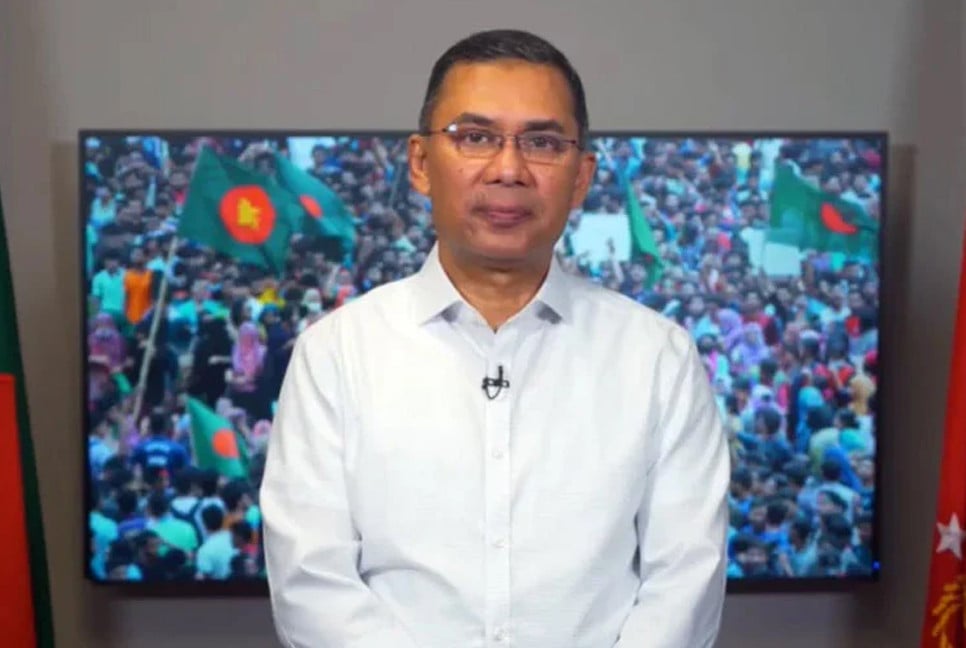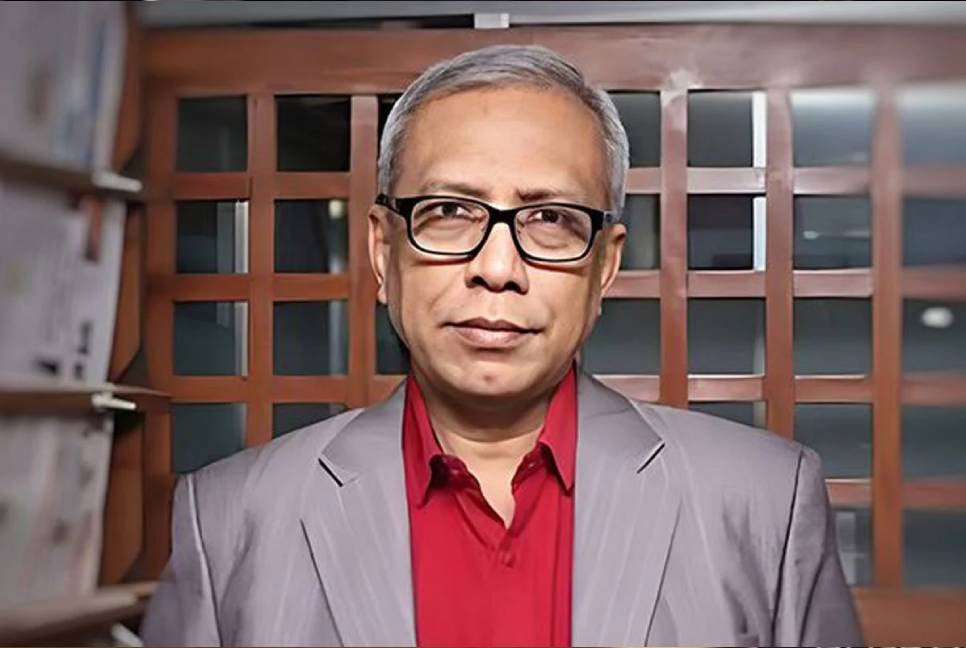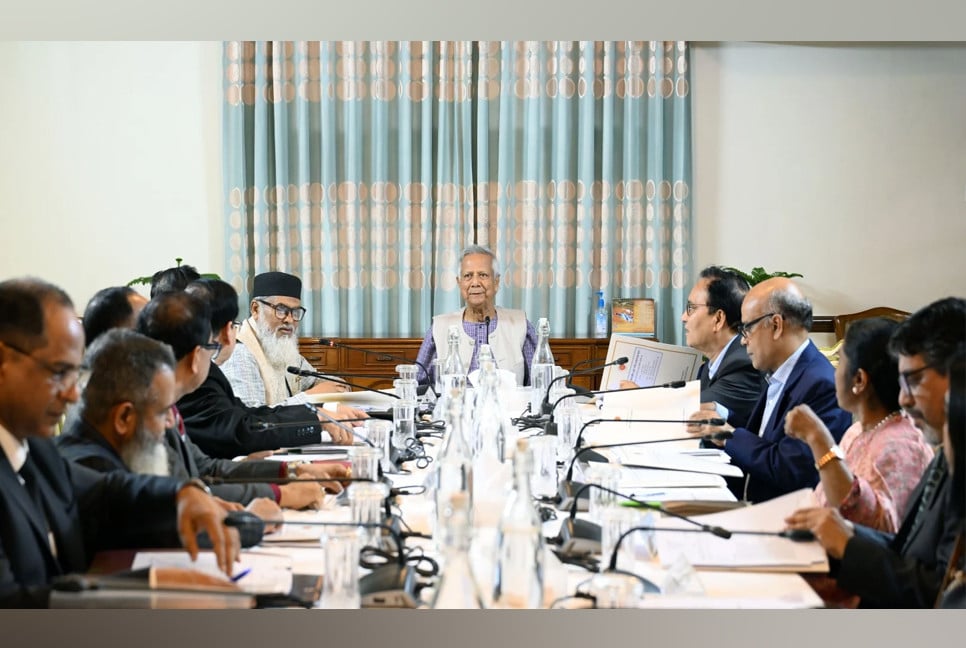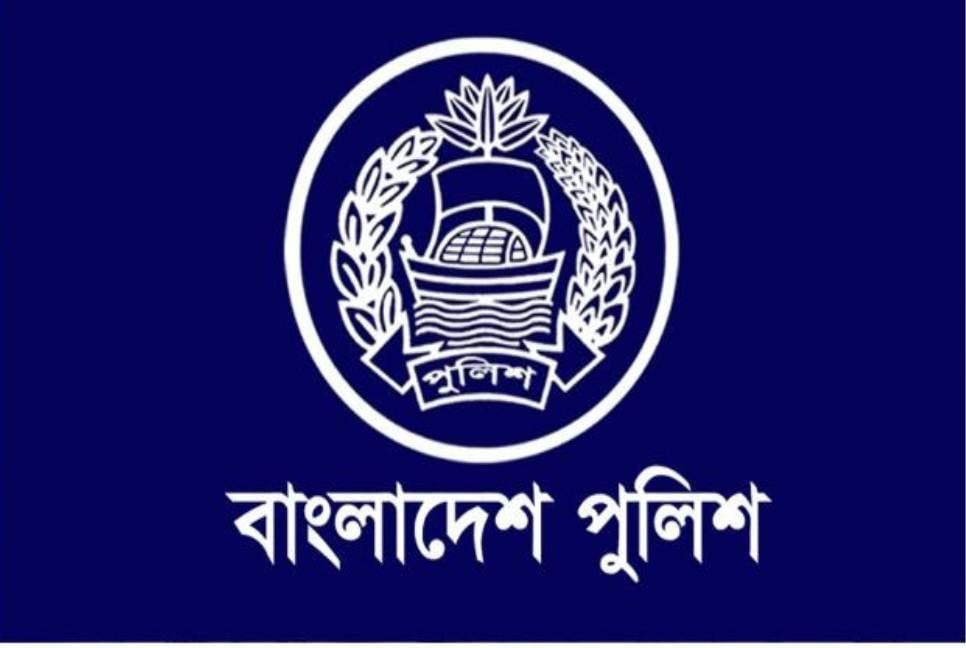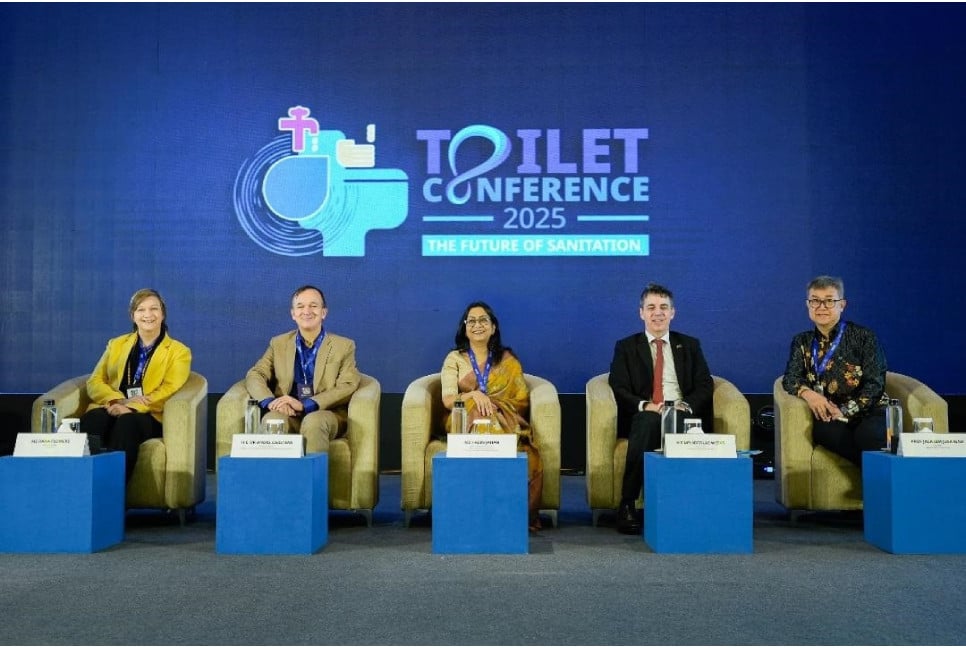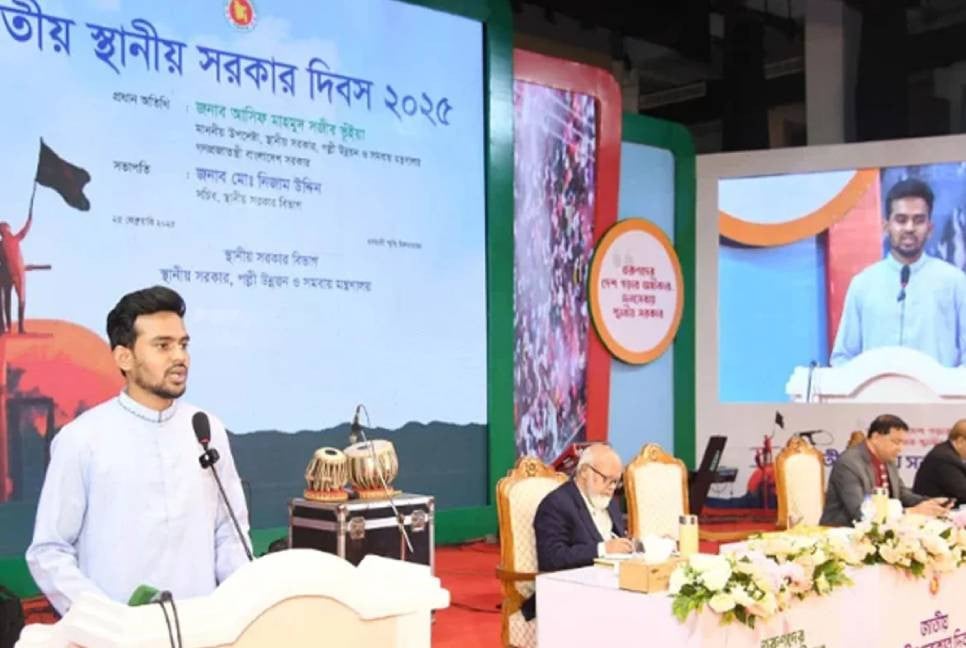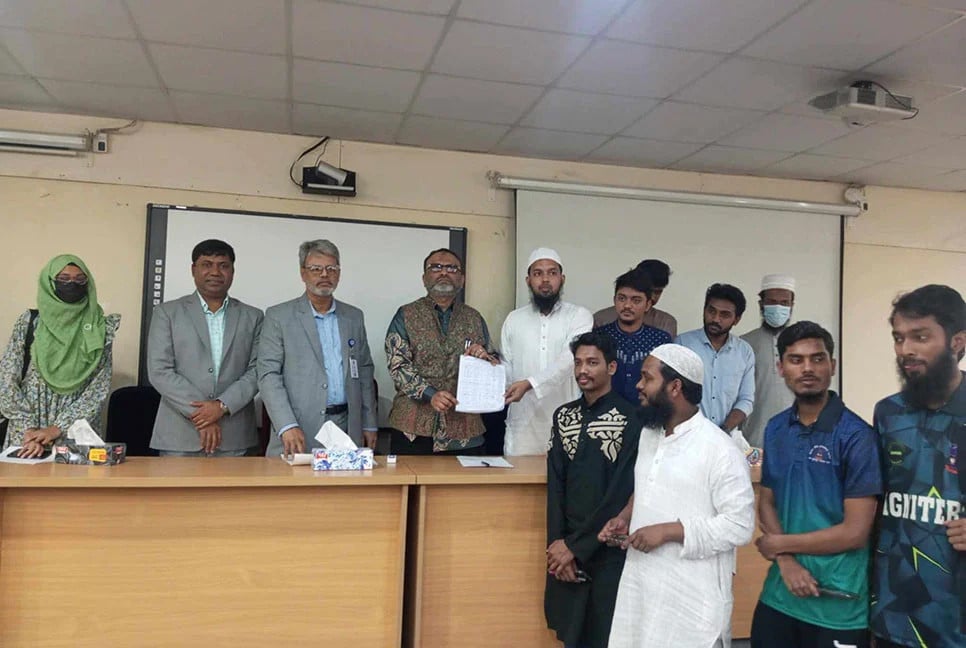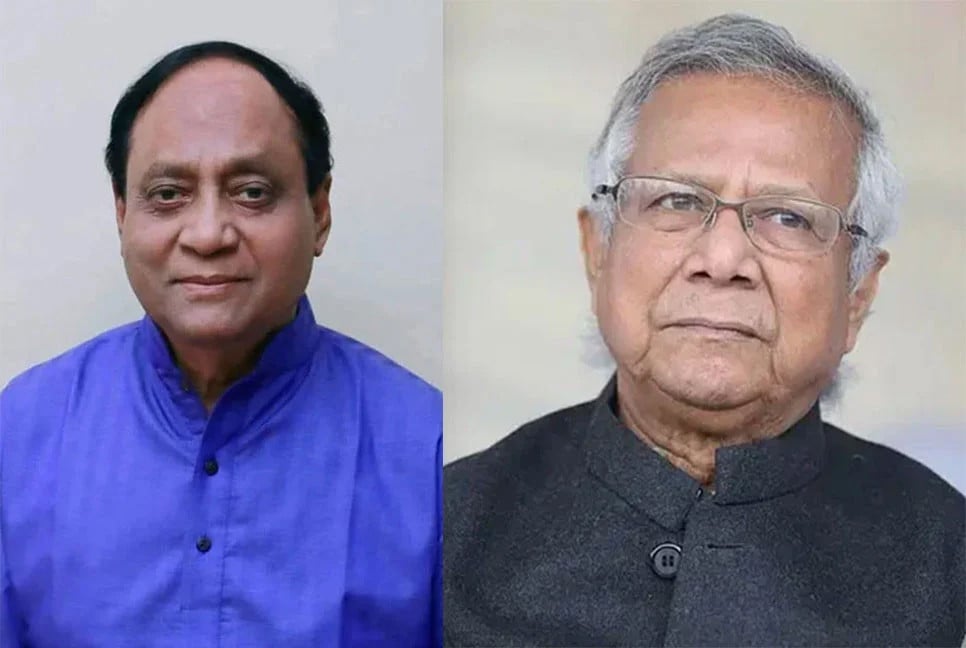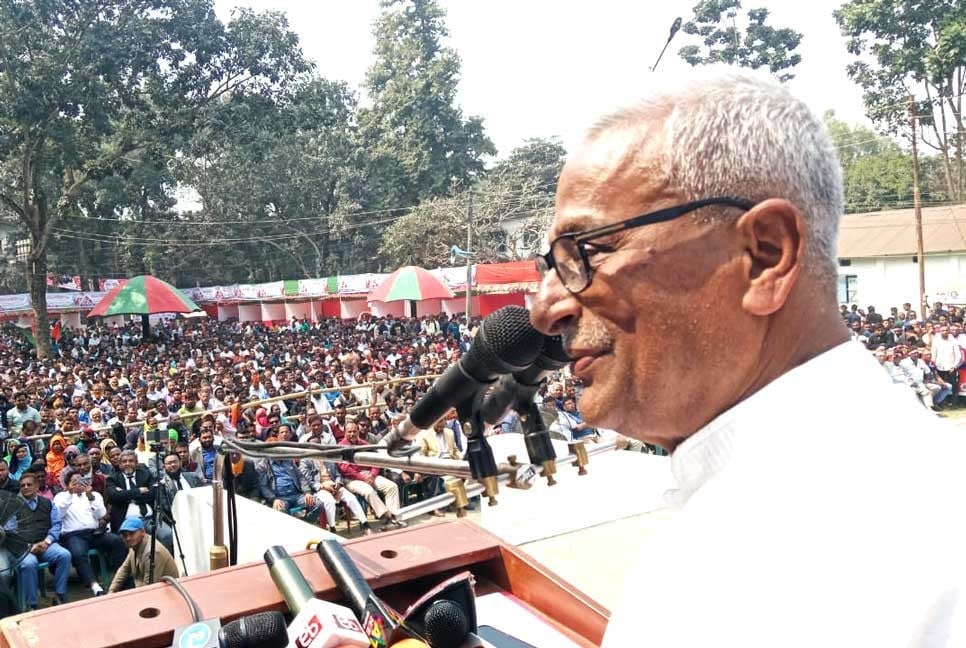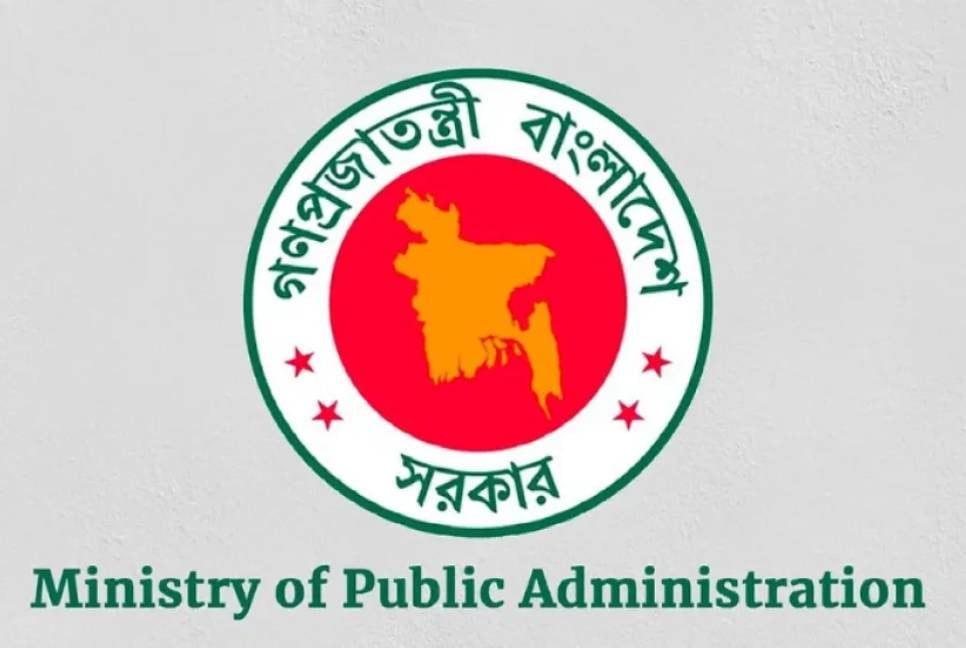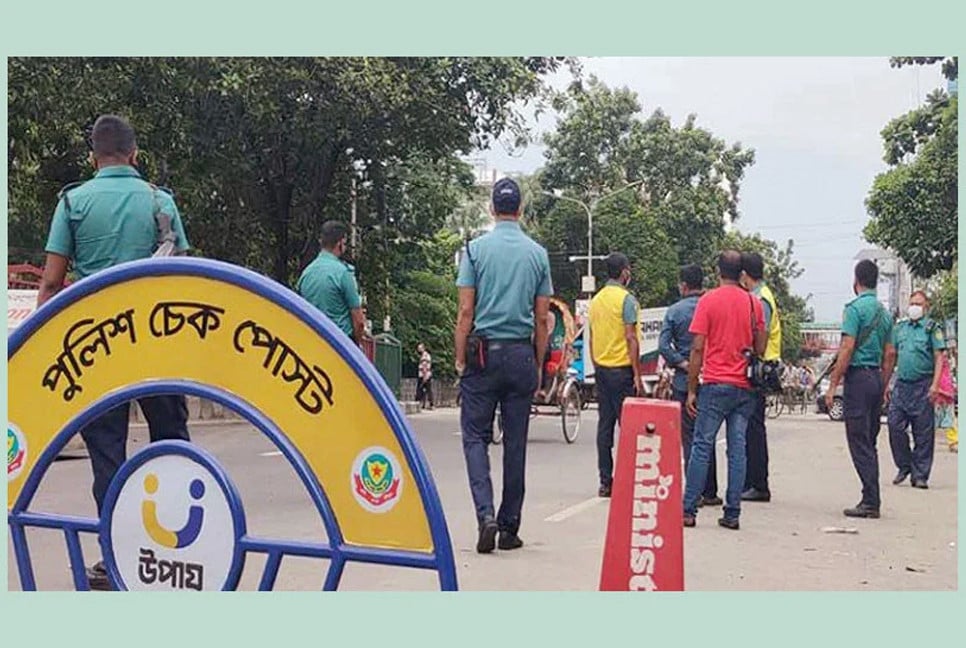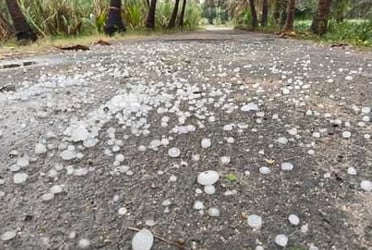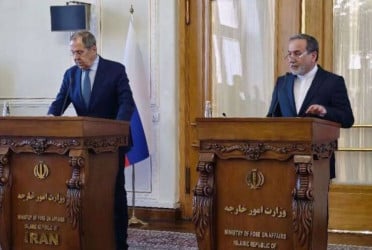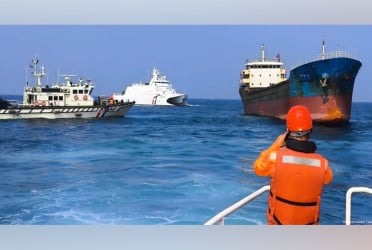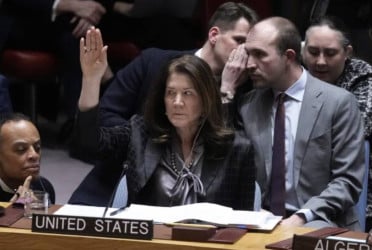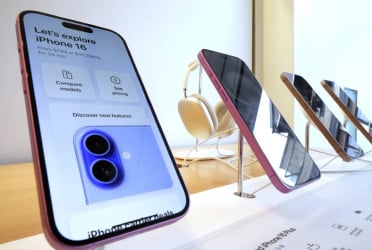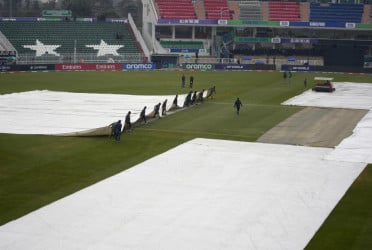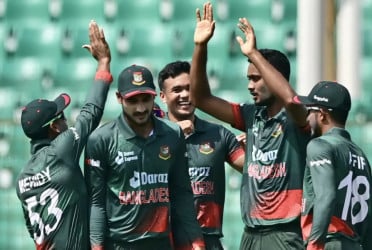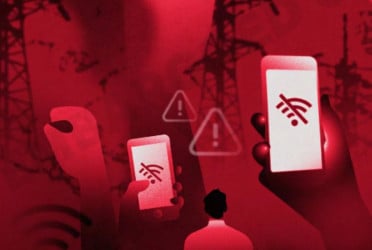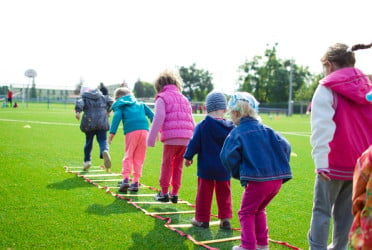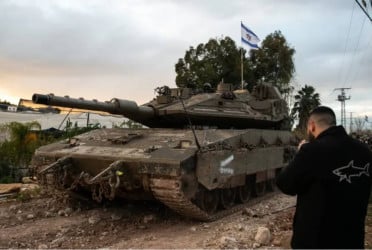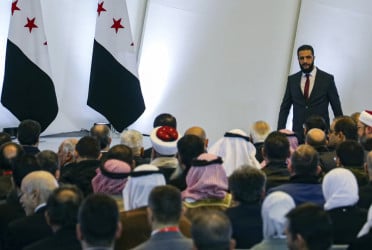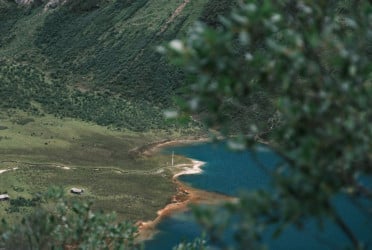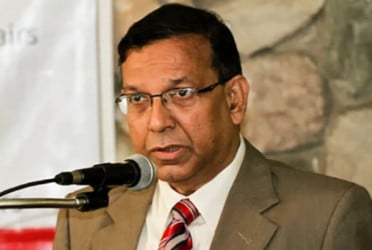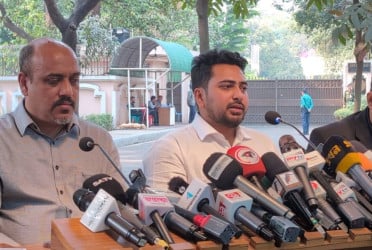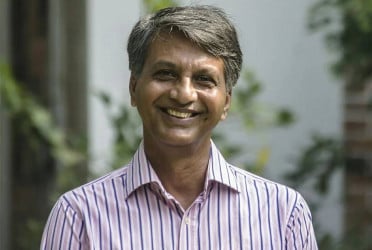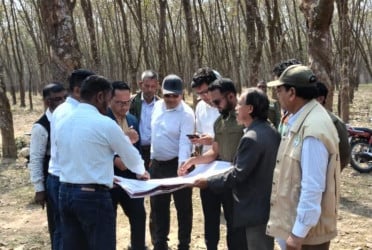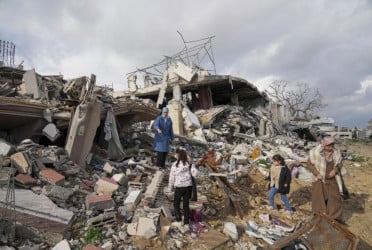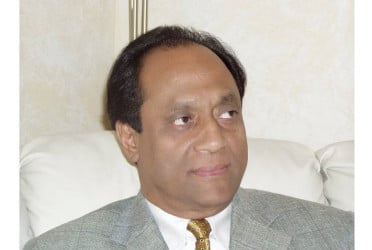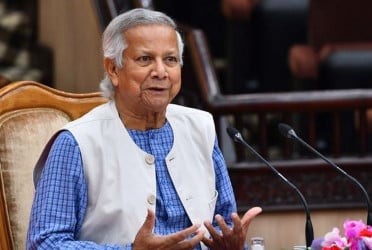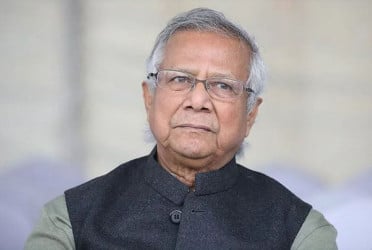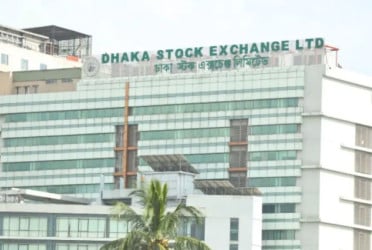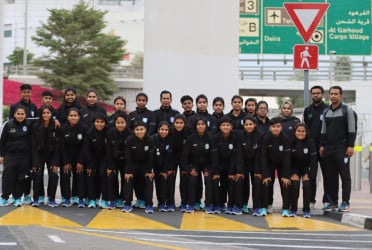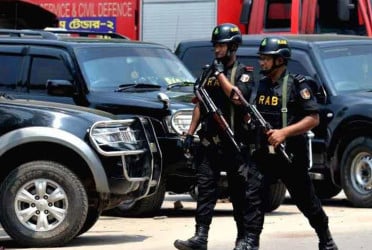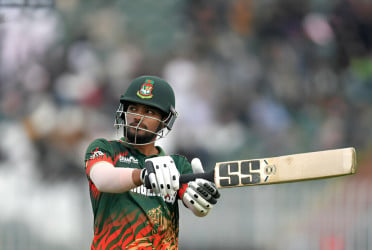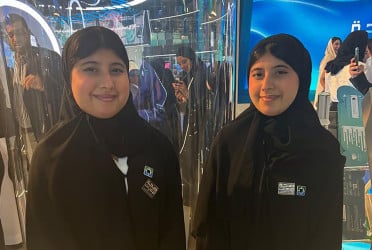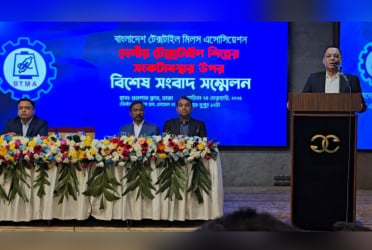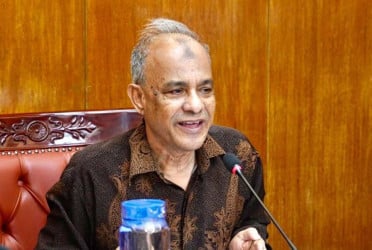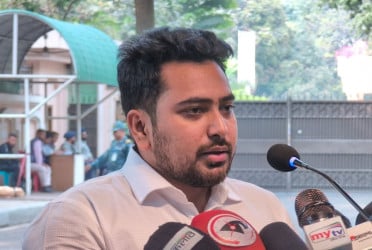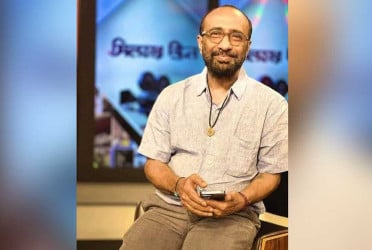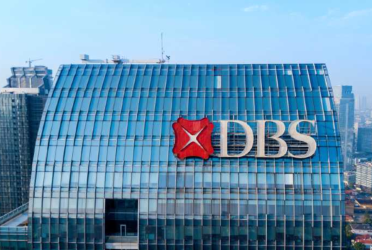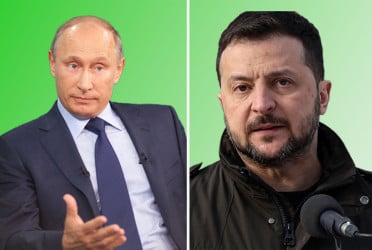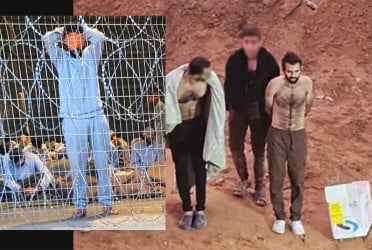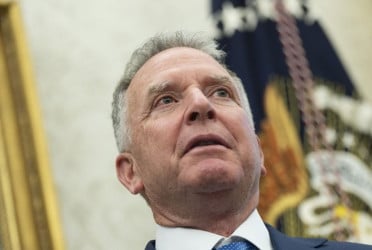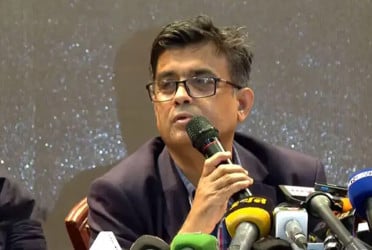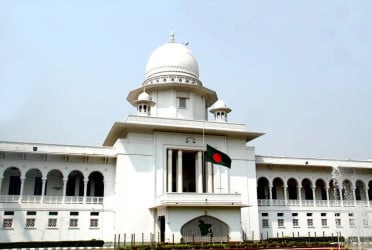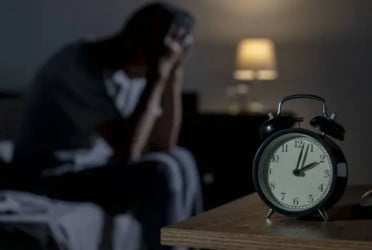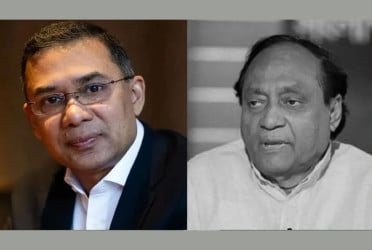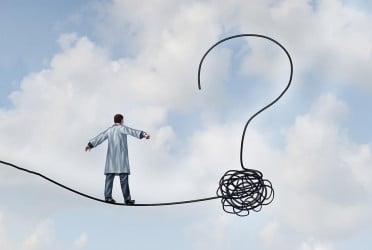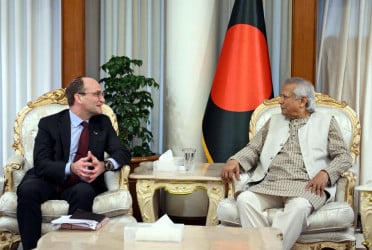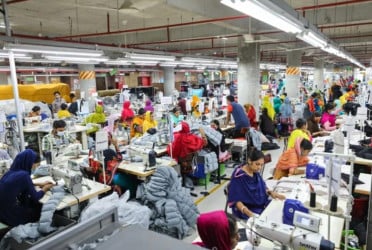The UN rights office has found several cases when wounded protesters had faced obstructions in getting immediate medical care while in some places they were denied necessary medical documentation, reports BSS.
The United Nations Human Rights Office's fact finding report, released earlier this month, said where law enforcement officials expect to use force or violence is considered likely, the authorities must also ensure that adequate medical facilities are available.
"Assistance and medical aid must be rendered to injured or affected persons at the earliest possible moment, irrespective of whether the force used against the person was lawful," the OHCHR or Office of the High Commissioner for Human Rights said.
But, the report said, the medical care issue was "mostly left to other protesters and concerned local citizens, including many rickshaw drivers, to provide basic first aid and transport the injured to hospital".
"These violations by omission on the part of the security forces are likely to have led to preventable deaths among the injured," OHCHR observed.
Referring to victim and eyewitness accounts, corroborated by videos and photos, the report said instead of extending its assistance for immediate medical care police went so far as to deliberately obstruct efforts to provide timely medical aid.
The report also cited example of the death of a victim named Shykh Aashhabul Yamin in Savar on the outskirts of the capital on July 18 when he was "repeatedly shot" by police as he climbed on a blue police armoured personnel carrier (APC).
The report said on July 19, a helicopter dropped tear gas shells in front of a hospital, driving away people trying to access it and on the same day, tear gas was fired into a garage which was known to the police to serve as an ad hoc medical treatment centre for injured protesters.
On August 4, it said police shot and injured a 17-year-old boy in the Farmgate area and then police officers at the scene placed the injured boy on a rickshaw and ordered the driver to take him away.
"(But) other police blocked the rickshaw from accessing nearby hospitals. One police officer ordered the driver to throw the injured man in a drain, but finally relented and let him pass. By the time the victim was finally admitted to a hospital, he had died," the report read.
The OHCHR said Border Guard Bangladesh (BGB) reported that the paramilitary force ensured medical care for 32 injured protesters of its own accord but "this would seem to be an exception" to the overall pattern documented by OHCHR.
The report said the evidence OHCHR found showed that police and other security forces regularly took no action to administer first aid, organize emergency transport or provide other assistance to injured protesters and bystanders, including to victims of their own unlawful shooting.
It said on August 5, as police were indiscriminately shooting at protesters around Jatrabari police station, they apprehended a local man who was aiding injured protesters and said he would be shot four times as punishment for aiding their "enemies" and forced him to say where he wanted to be shot.
"The man pleaded for mercy, but one officer still shot him once in the leg at point blank range. The officers dragged the bleeding man into a gutter and left him there," the report said.
The fact finding report said the directorate general of forces intelligence (DGFI), national security intelligence (NSI), police's detective branch and other agencies also obstructed medical care when they mounted extensive operations to keep hospitals under surveillance, identify patients with gunshot injuries, interrogate medical staff and injured patients and fingerprinted them.
"In an apparent effort to identify protesters and to conceal evidence of the extent of violence by the security forces, they also confiscated medical records and CCTV footage in many hospitals, without due process," the report read.
The OHCHR said medical staffs were pressured not to treat injured protesters with the necessary care and not to provide medical documentation properly recording injuries and their causes while testimonies the OHCHR received indicated that the obstruction was undertaken based on orders given at higher levels.
"The existence of such orders is also indicated by similar types of obstruction involving different security and intelligence forces occurring in a range of hospitals in Dhaka and other parts of the country," the report read.
According to the report in some cases families also faced delays in burying loved ones died in violence since police were neither themselves performing autopsies, nor allowing families to collect the bodies without autopsy.
Bd-Pratidin English/ AM

